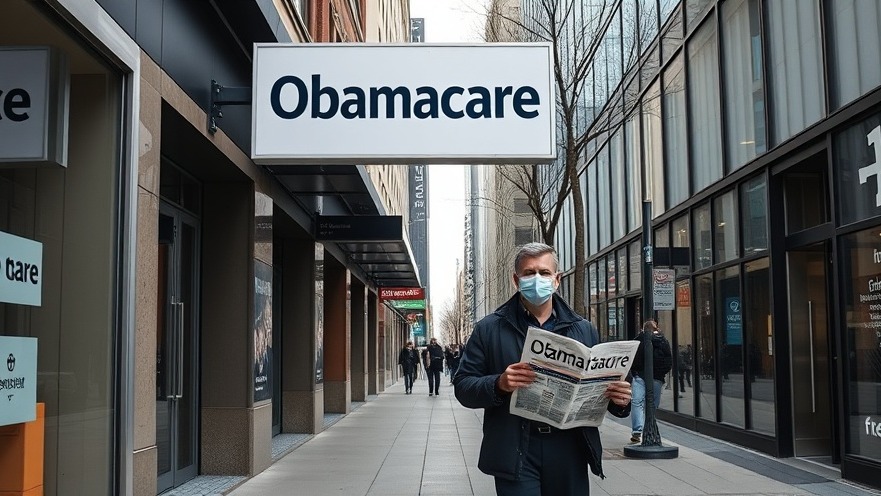
States Push Back Against Trump Administration’s New Health Care Rule
More than 20 states have united in a legal battle against the Trump administration, voicing their concerns regarding a recent rule that threatens to reshape the landscape of the Affordable Care Act (ACA). The lawsuit, filed in a Massachusetts district court, asserts that the new regulation will result in increased uninsured rates, potentially stripping coverage from up to 1.8 million Americans. With this significant move, states are advocating not only for their constituents' well-being but also for the financial sustainability of their healthcare systems.
Understanding the Core Issues: Enrollment and Eligibility
The controversial rule enacts sweeping changes to ACA enrollment and eligibility, including a reduction of the annual open enrollment period by one month and tightened verification requirements for beneficiaries. Particularly concerning is the removal of a special enrollment window for lower-income individuals, which advocates argue is vital for maintaining health equity among disadvantaged communities. States argue these changes undermine the progress achieved under the ACA, especially as enrollment numbers had recently hit record levels, with over 24 million individuals accessing essential health services.
The Financial Burden on States: Analyzing the Lawsuit
The lawsuit underscores the financial implications that states would face if the new regulation were to be implemented. The claim highlights “unrecoverable compliance costs” related to needed technology updates, staff retraining, and increased advertisement efforts to ensure that residents are properly informed about their healthcare options. Such requirements not only strain state budgets but could also lead to consequential reductions in tax revenue from insurance premium collections.
Future Implications: The Health Care Landscape at Stake
As the case unfolds in court, its outcome could drastically alter the current healthcare landscape, affecting millions who rely on ACA plans for their health needs. Moreover, the regulation's stipulation against certain medical procedures, such as “sex-trait modification procedures,” further complicates healthcare accessibility and underscores the ongoing debate surrounding healthcare rights and personal freedoms in the United States. Massachusetts Attorney General Andrea Joy Campbell articulated the gravity of the situation by stating, “The Trump Administration’s unlawful and baseless rule not only threatens to rip away coverage from millions of Americans but leaves states on the hook once again to foot the bill for this Administration’s cruel and disastrous policies.”
What This Means for Communities: The Broader Impact on Health and Wellness
The ramifications of such policies extend beyond financial burdens; they tie directly into community health and wellness. The potential increase in uninsured populations could lead to a rise in uncompensated care, negatively affecting healthcare providers and the overall health ecosystem of states. With communities already facing challenges in accessing affordable care, these changes pose increased hurdles to maintaining optimal health and wellness. A united community response is essential as citizens advocate for their health rights and hold accountable those in power.
Call to Action: Mobilizing Community Voices
As this legal battle unfolds, community members are urged to stay informed and engaged. Understanding these changes and their implications is crucial for advocating for a healthcare system that prioritizes accessibility and equity. Join local health and wellness events to gain insights and participate in discussions that hold elected officials accountable for their decisions regarding healthcare policies. Together, we can ensure that the voices of those affected by these regulations are heard.
 Add Element
Add Element  Add Row
Add Row 



Write A Comment